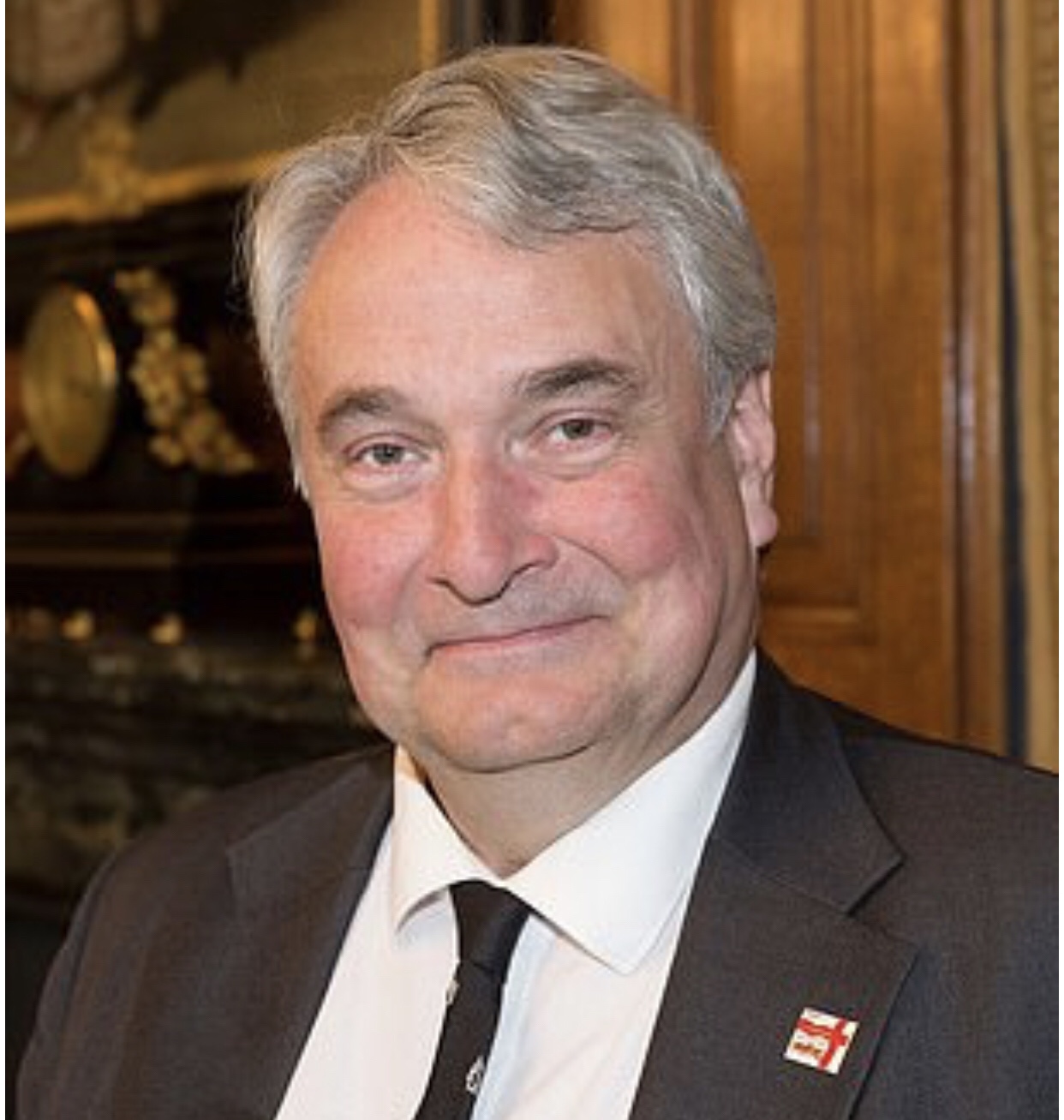Last night he scored again. Swedish international Zlatan Ibrahimovic scored a brilliant goal and assisted on the second.

Zlatan now has 4 goals in 3 games in the MLS for his LA Galaxy.
Ibra – still the best.
Former appeal judge says legality of Brexit extension SHOULD be tested in court after English Democrats leader launches battle to prove UK has already left the EU on March 29.
A former appeal judge has said the legality of Theresa May’s delay to Brexit should be tested in a court.

Sir Richard Aikens, who sat in the Court of Appeal from 2008 until 2015, spoke after the leader of the English Democrats political party launched a legal battle claiming that the UK has already left the EU.
Britain was supposed to leave on March 29, but was granted an extension by the EU until April 12 at a meeting last in Brussels last month.
But the English Democrats leader Robin Tilbrook, as well as number of Tory Brexiteers, says the new exit date should have gone before the House of Commons and the House of Lords before it was approved.
Mr Tilbrook yesterday announced he had submitted his case to the High Court and hoped to challenge the decision within weeks.
He says that, if his case is successful, the delayed leave date will be ‘null and void’ and Britain will already have left the EU and no longer be subject to its laws.
The case has been compared to the landmark ruling forced by campaigner Gina Miller, which led to judges ruling Parliament should have a vote on Brexit.
Respected former appeal judge Sir Richard Aikens has said the way in which the extension was organised is ‘highly unsatisfactory’ and ‘arguably illegal’.
Today, he told MailOnline the legal row over whether the government did act lawfully ‘can only be determined by a court.’
He added: ‘If the argument… is correct, then it would mean that, under UK law, we left the EU last Friday at 11pm. The Treaties would no longer be binding and the UK would no longer be subject to EU law.
‘The argument obviously becomes much more important if there is any attempt at a longer “extension”, but, logically, if the argument is correct, then any attempt at a further extension would be a legal nonsense as the UK would already be “out”.’
His comments will add weight to the claims that Britain may have accidentally dropped out of the EU and the ongoing wrangles over Theresa May’s withdrawal agreement are unnecessary.
Four Conservative MPs last week wrote to Theresa May also suggesting delaying Brexit in the way she did was illegal.
Sir Bill Cash, who was among the four, wrote: ‘We ask that you fully explain the actions taken by your Government and why you say that what it has done and is doing is legal.
‘We are gravely concerned that you are unlawfully seeking to extend the UK’s membership of the EU.’
Other legal commentators have suggested the case is unlikely to be successful.
Source: Daily Mail
E-commerce can significantly boost free trade across Africa and therefore help realize the objectives of the Africa Continental Free Trade Agreement (AfCFTA), participants at UNCTAD’s eCommerce Week 2019 were told.
“E-commerce has the potential to lift intra-African trade from the current rate of 18% and to boost Africa’s share of global trade, currently estimated at less than 3%,” said Ajay Kumar Bramdeo, the African Union’s ambassador to the United Nations in Geneva, at a session on “Digitalization and the realization of the African Continental Free Trade Area for digital transformation in Africa.”
Participants celebrated the impending entry into force of the AfCFTA, a milestone achieved on 2 April when the agreement reached the minimum number of ratifications required, 22, thanks to its approval by Gambia’s parliament.

The AfCFTA seeks to create an integrated African market of 1.27 billion consumers, expected to reach 1.7 billion by 2030, with an aggregated gross domestic product of up to $3.4 trillion, said Amani Abou-Zeid, the African Union commissioner for infrastructure and energy.
Digitalization has the potential to lead not only to Africa’s digital transformation, but also to serve as a catalyst for the continent’s overall structural transformation, Ms. Abou-Zeid said.
However, various issues need to be addressed for Africa to take advantage of current technological innovations and facilitate the achievement of the objectives of the AfCFTA, which was adopted by African Union nations at a summit in Rwanda in March 2018
“In many African countries, adequate and affordable information and communications technology (ICT) connectivity to enable digitalization to take place is still an issue,” Ms. Abou-Zeid noted.
The other issue is whether Africa currently has the legal framework and enabling environment for digital trade and other digital-related activities to flourish in the future AfCFTA market. Other concerns include trust, data privacy and cyber security.
“We are moving towards an integrated African market. Isn’t it appropriate to factor in the digital dimension of such a market?” Ms. Abou-Zeid said.
She underscored the importance of synergies between development and technical partners, noting that though only 1% of all funding provided under Aid for Trade is currently allocated to ICT solutions and multilateral development banks are investing just 1% of their total spending on ICT projects, Africa still boasts a plethora of initiatives related to digital trade.
Source: Unctad






You must be logged in to post a comment.